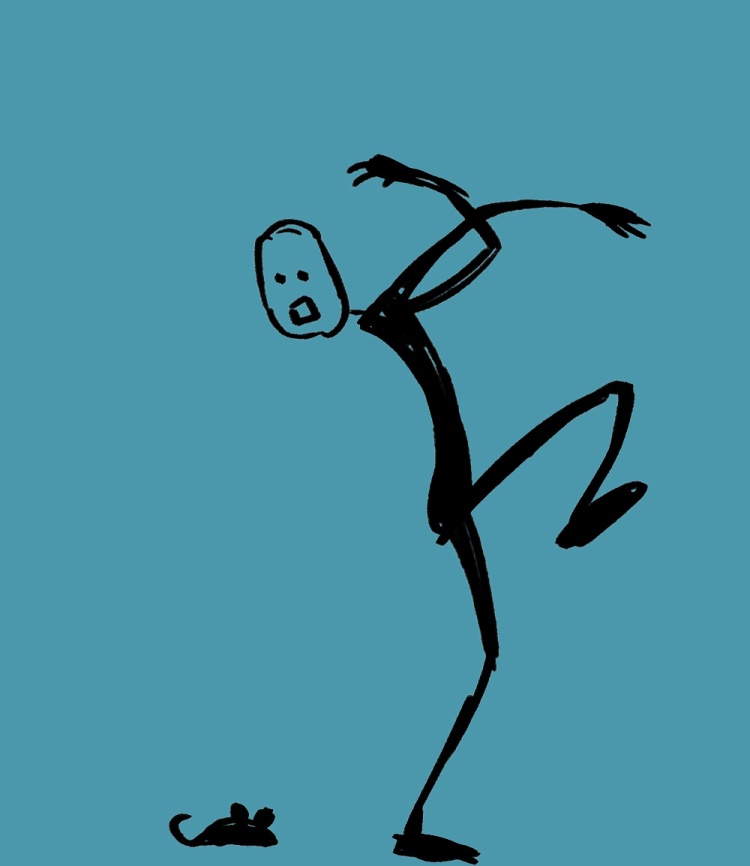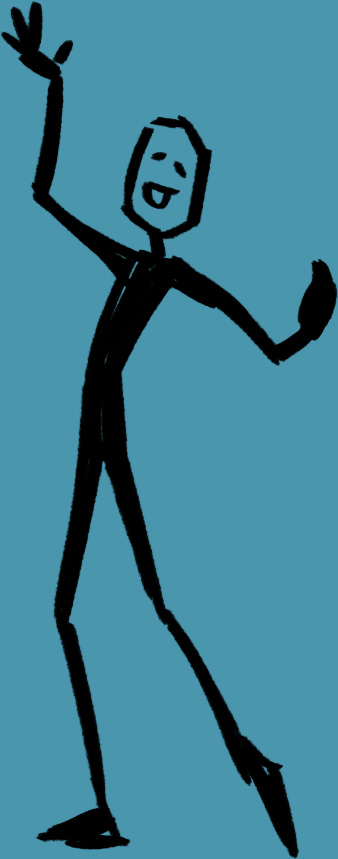
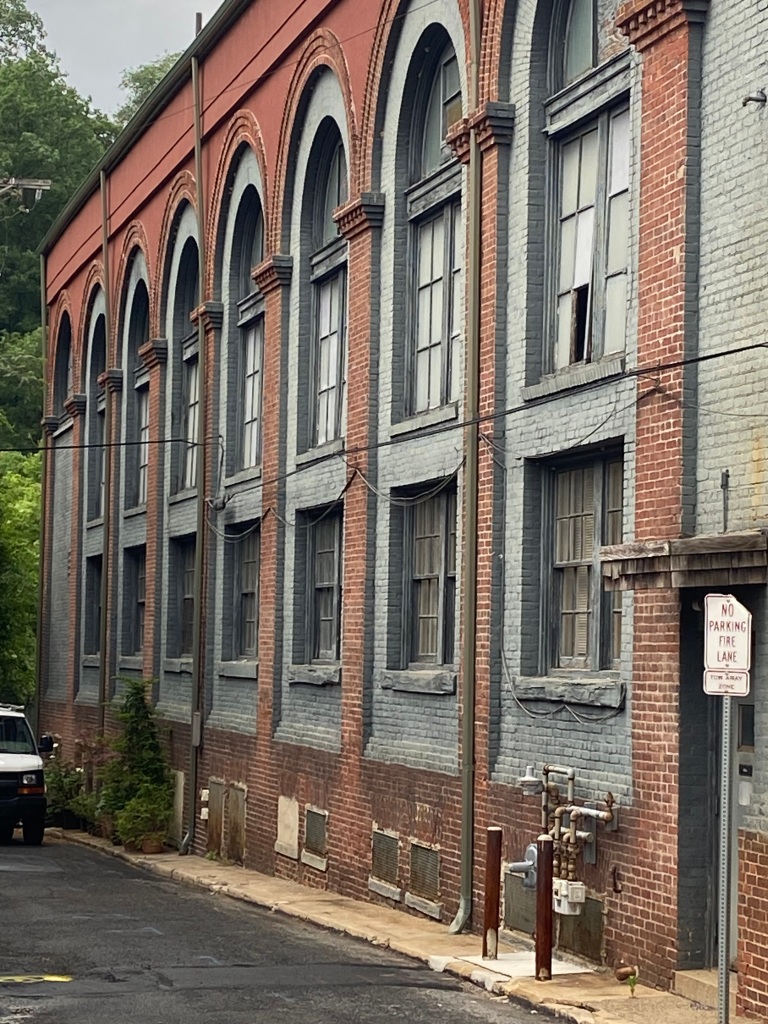
- Bowl of Black Petunias by Michael Lee Johnson
- 8 to 5, Monday through Friday by Al Marv Clark
- Bought Some Condoms, Today by Jon Wesick
- Every Bit of That by John Tustin
- The Blade Shines Even in Its Sheath by Edward Lee
- Tangibles by Matt Thomas
- These Hands by Duane Herrmann
- Almond Creation Story by Terry Trowbridge
- Waiting for News by DS Maolalai
- Swept Away Like Broken Glass by Bobbi Sinha-Morey
- Arroyo Seco: First Morning in High Desert by John Dorroh
- Long After the Threat by Jason Melvin
- Anywhere Falls by David Summerfield

I have aways had a soft spot for small poems with big impact. I think the magic of word economy it the most powerful item in the poet’s toolbox. So it is absolutely NOT a judgment of quality when I point to that this is the shortest issue of Stick Figure Poetry Quarterly on record. In keeping with the theme I’m going to end this note here. Read through these short impactful pieces and see for yourself.


If you must leave me, please
leave me for something special,
like a beautiful bowl of black petunias—
for when the memories leak
and cracks appear
and old memories fade,
flowers rebuff bloom,
sidewalks fester weeds
and we both lie down
separately from each other
for the very last time.
Michael Lee Johnson lived ten years in Canada during the Vietnam era. Today he is a poet in the greater Chicagoland area, IL. He has 300 YouTube poetry videos. Michael Lee Johnson is an internationally published poet in 45 countries, a song lyricist, has several published poetry books, has been nominated for 7 Pushcart Prize awards, and 6 Best of the Net nominations. He is editor-in-chief of 3 poetry anthologies, all available on Amazon, and has several poetry books and chapbooks. He has over 473 published poems. Michael is the administrator of 6 Facebook Poetry groups. Member Illinois State Poetry Society: http://www.illinoispoets.org/.


Today,
the love of my life saw
a crow attack a blue jay
in a dastardly attempt
to raid its nest, and
eat its babies.
She told me all about it
when I got home from work.
She explained how the blue jay
fought so valiantly, and how
the crow, in its frustration,
picked up one of the babies
with its beak, and threw it
from the nest, how
the baby bird had
hit the concrete,
a soft
thud.
The crow,
it swooped down,
it scooped up the baby
from the road,
and flew off with it.
Something about the story felt so
alive,
even though it ended with death.
Still.
Rarely have I felt such jealousy.
I spent all day in a cubicle.
Al Marv Clark is a poet from the North Georgia mountains.


to replace the unopened box
that sat in my drawer for sixteen years.
The plastic, storage cart holds
things I don’t use but can’t bear
to toss out – graph paper, dried
magic markers, two-cent stamps,
and greeting cards from charities.
Forty-six years ago, I gave Nancy a ride
when I moved east, all my possessions
in a Chevy hatchback and my hand on her thigh
as we drove the Pennsylvania Turnpike.
She wouldn’t let me use a condom
and accused me of thinking her unclean but I didn’t
want to start graduate school dripping itchy puss.
We dry humped on my modular sofa
my fingers slipping into silky panties.
Odd, how often I slept
with a sexy adventuress and woke
next to a cat owner with no common interests.
Those married guys, their jaws clenched
in exasperation with allergies and litter boxes,
must feel the same. My new condoms
will remain unopened. Probably the last I’ll ever buy
Jon Wesick is a regional editor of the San Diego Poetry Annual. He’s published hundreds of poems and stories in journals such as the Atlanta Review, Berkeley Fiction Review, New Verse News, Paterson Literary Review, Pearl, Pirene’s Fountain, Slipstream, Space and Time, Stick Figure Poetry, and Tales of the Talisman. His most recent books are The Shaman in the Library and The Prague Deception. http://jonwesick.com
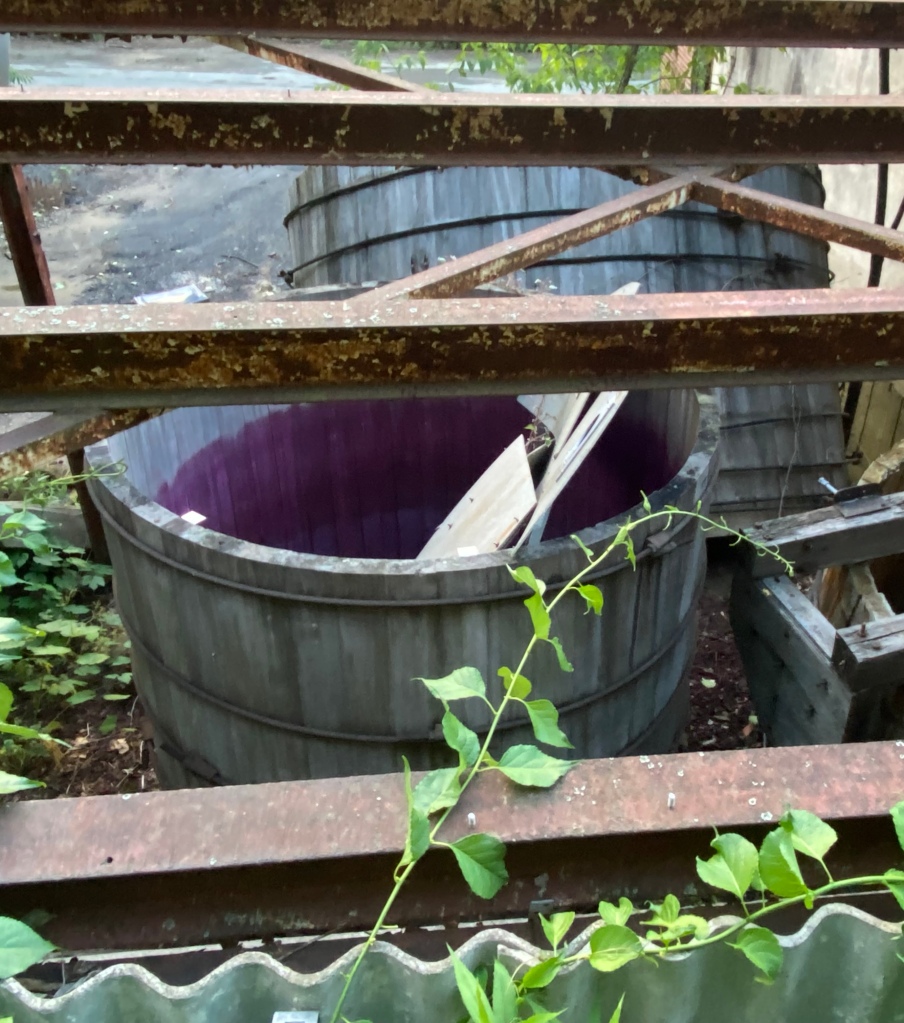


From her desolate eyes
and her vapid hair
to all of the emptiness
inside her flesh –
I want every bit of that.
Yes,
and I even want the remorse
of doing it,
the terror of afterward
when all I want
is to leave
and all she wants
is to talk.
From her brain
that requires more expanding
and her smooth,
doll-like fingers
that I think about
touching me
here
and there
and there –
I want every bit of that.
Yes,
and I even want to feel
that regret
a year after
or two,
when I wonder how
it was
I ever wanted any part
of that.
John Tustin’s poetry has appeared in many disparate literary journals since 2009. fritzware.com/johntustinpoetry contains links to his published poetry online.


Love sometimes enters
as a blade, wounding
so uniquely that
only the wielder’s kisses
might ease the pain,
though never heal it,
no, never heal it,
as some wounds never close,
even after the blade
has been removed
and returned to its home.
Edward Lee’s poetry, short stories, non-fiction and photography have been published in magazines in Ireland, England and America, including The Stinging Fly, Skylight 47, Acumen, The Blue Nib and Poetry Wales. His poetry collections are Playing Poohsticks On Ha’Penny Bridge, The Madness Of Qwerty, A Foetal Heart and Bones Speaking With Hard Tongues.
He also makes musical noise under the names Ayahuasca Collective, Orson Carroll, Lego Figures Fighting, and Pale Blond Boy.
His blog/website can be found at https://edwardmlee.wordpress.com


It’s an old cliche
about the wind being evidence
of the existence of things unseen
but watching the porch rocker
keep time
from inside the stillness of the house
it seems obvious
that the old analogy holds water
especially when every day
our machines discover
some new limitation of our senses
so it’s not even philosophical now
just plain fact
to say that the bulk of everything
happens unbeknownst
which maybe explains
the stubborn impulse to heaven
some place that
based on the example of the wind
surely exists
some place that we haven’t thought up
stunk up
tore up
where the magic of our imagination
has not stopped up
against the horror of our insignificance
why I saddle that rocker with any number of names
probably hoping for the kind of distracted touch
that sometimes happens while watching television
someone reaching for the dog
and instead stroking a leg
conveying love
unseen during the day’s argument
that energy
implying a source, not human made
the strike of wooden rails on stone
a thin, dead, hollowing thing knocking
at what may be the last to go
Matt Thomas is a smallholder farmer and occasional community college teacher. His work has appeared recently in Cleaver Magazine and River Heron Review. He lives with his partner in the Blue Ridge Mountains of Virginia.
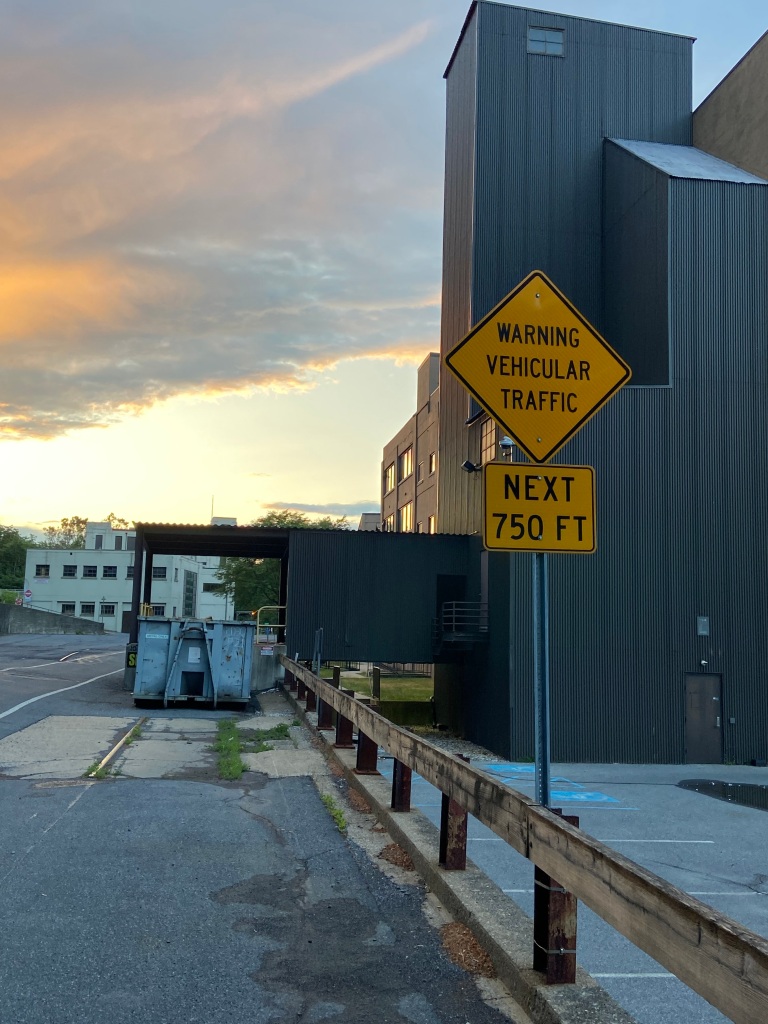


Hands that cradled babies,
fed and diapered;
Hands that hoed the gardens,
drove a tractor
tending stock and crops;
Hands that built a home,
repaired and furnished it;
Hands that cleared wilderness,
tamed and gardened it;
Hands that write words,
which sing
on continents and pages
changing hearts and minds.
These hands know God
through giving love
and selfless service;
They, one day, too
will know Rest.
A reluctant carbon-based life-form, Duane Herrmann was surprised to find himself on a farm in Kansas. He’s trying to make sense of that, but has grown fond of grass waving under wind, trees and the enchantment of moonlight. He aspires to be a hermit, but would miss his children, grandchildren and a few friends. His work has been published in print and online, even some of both in languages he can’t read (English is difficult enough!) These include a sci fi novel, eight collections of poetry, local history, stories for children, plus other works. He has carried baby kittens in his mouth, pet snakes, and has conversations with owls, but is careful not to anger them! All this, and degrees in education and history, despite a traumatic, abusive childhood embellished with dyslexia, ADHD (both unknown as a child), cyclothymia, a form of Mutism, anxiety disorder and, now, PTSD.


[fragment begins]…the waves were taller
than the war canoes were long Almond’s dark brown
knuckles were in such pain trying to hold them together
between swells his body cold as the snow
on an iceberg from the south because the night
had not lifted for six months [missing] canoes
separated Almond’s fingers bleeding and elbows
dislocated his sister’s name caught in his throat
with the waters the canoes floated between two
whirlpools/waterfalls[?] [here a drawing has faded]
Almond’s fingers exploded in the swells
his knuckles struck by lightning multiplied
by the number of stars that is why they have the
whirlpools/patterns of Almond’s knuckles on them
[and] why sisters and brothers eat them by handfuls
when they are together give Almonds to each other
or else they will be lonesome even with their spouses [scroll ends].
Terry Trowbridge’s poems have appeared in The New Quarterly, Carousel, Dalhousie Review, Lascaux Review, Kolkata Arts, Leere Mitte, untethered, Snakeskin Poetry, Quail Bell, Nashwaak Review, Orbis,Literary Yard,Gray Sparrow, CV2, Brittle Star, Bombfire, American Mathematical Monthly, MathematicalIntelligencer, Journal of HumanisticMathematics, Beatnik Cowboy, PPP, Synchronized Chaos, New Verse News, Siren’s Call, Borderless, Literary Veganism, and more. His lit crit has appeared in CJFY, BeZine, Amsterdam Review, Ariel, British Columbia Review, Hamilton Arts & Letters, Episteme, StudiesinSocialJustice, Rampike, and The/t3mz/Review. Terry is grateful to the Ontario Arts Council for his first writing grant, and their support of so many other writers during the polycrisis.


Waiting for news
while machines
pump her lungs.
in a flower
in my garden,
the last butterfly.
flowers:
like feet
in a bathroom
at night.
burning pale blue
porcelain, fired
with fallen
crust frost.
DS Maolalai has been described by one editor as “a cosmopolitan poet” and another as “prolific, bordering on incontinent”. His work has nominated eleven times for Best of the Net, eight for the Pushcart Prize and once for the Forward Prize, and has been released in three collections; “Love is Breaking Plates in the Garden” (Encircle Press, 2016), “Sad Havoc Among the Birds” (Turas Press, 2019) and “Noble Rot” (Turas Press, 2022)
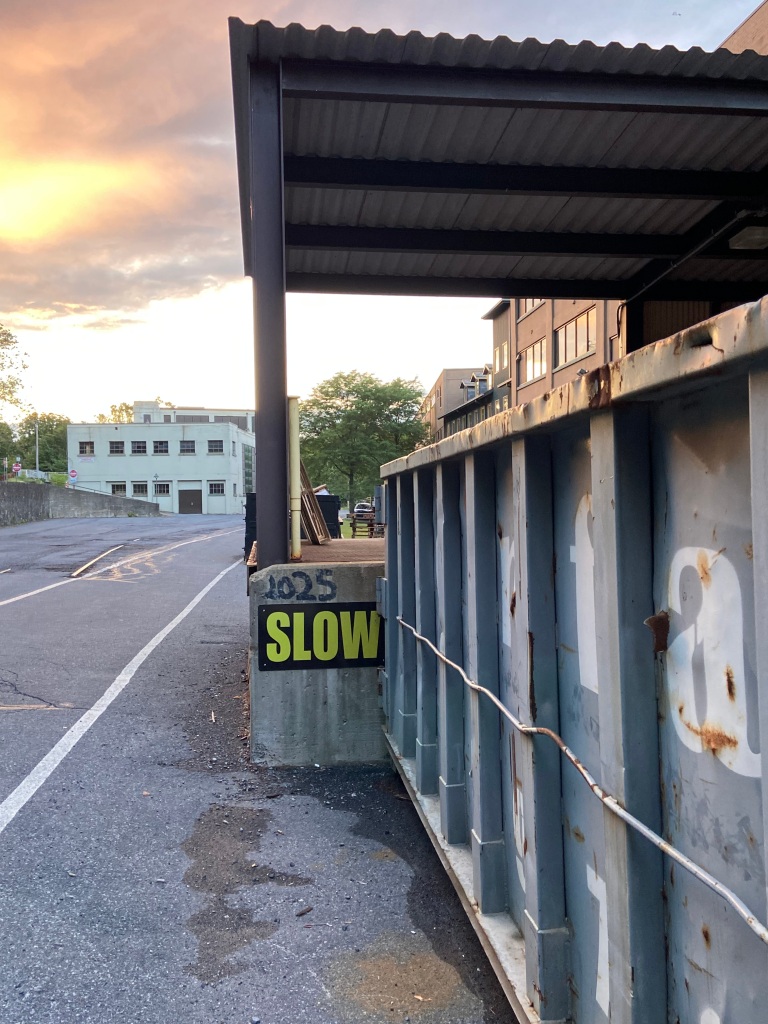


As if there were a watchful eye
in the sky I’d been more aware
of my every movement like setting
my alarm clock for five minutes to
seven a.m., adding at the top of my
list to beware of our mean neighbor
and always keep important documents
in a tight, secure place. Impute it to
God to fasten His gaze on me, make
sure every detail of my life is conducted
just right: Spam stored in the pantry in
case of covid and famine; closely guard
every cent and possession. I study my
husband’s daily habits of living, keep
them pressed to me tightly. I chase
my stress down with a cup of tea,
and in my only idle minutes of time
I double-check my priorities for
the next day, wishing I’d have time
to admire the beauty of the moon,
a gift from the heavens. But I listen
to the hum of silence all around me,
learn the art of not being seen so
I can go on, unaided with living,
most of my life of no use to me as
if it had been swept away like broken
glass. Before I close my eyes to sleep
the darkness outside reminds me of
the biggest burden of all: to be practicing
aloneness in a future life, a grim window
I hadn’t passed through yet.
Bobbi Sinha-Morey’s poetry has appeared in a wide variety of places such as Plainsongs, Pirene’s Fountain, The Wayfarer, Helix Magazine, Miller’s Pond, The Tau, Vita Brevis, Cascadia Rising Review, Old Red Kimono, and Woods Reader. Her books of poetry are available at Amazon.com and her work has been nominated for The Best of the Net Anthology in 2015, 2018, 2020, and 2021 as well as having been nominated for The Pushcart Prize in 2020.


I remember that first morning we walked out
the front door into the New Mexico morning.
You were smart enough and thoughtful enough
to pack extra flannel shirts. I used my old
Ektelon racquetball jacket, which although light
in construction, served its purpose well.
The fake gas logs, controlled by a thermostat,
warmed the front room with a gentle heat.
We scurried like bugs at a picnic, searching
for well-packed necessities, toiletries mainly,
making ourselves at home in someone else’s
space, interpreting hand-written notes & typed
instructions read through plastic laminates.
My skin began drying out like a reptile’s
I remember how the electric salmon-colored
poppies displayed one of two stances – upright
calling Maker’s name, or facing the ground,
their exquisite stems unraveling like soft rope.
I remember the magpies, fat & sassy, prancing
at the edge of the yard with military posture.
And I remember how you glowed, released
from the insidious grip of stress & tension.
And then we had a lot of coffee.
John Dorroh (he/his) may have taught high school science for several decades. Whether he did is still being discussed. Three of his poems were nominated for Best of the Net. Hundreds more have appeared in journals such as Wisconsin Review, River Heron, North Dakota Quarterly, Loch Raven Review, and Selcouth Station. He had two chapbooks published in 2022 – Swim at Your Risk and Personal Ad Poetry. He is a Southerner living in the Midwest.
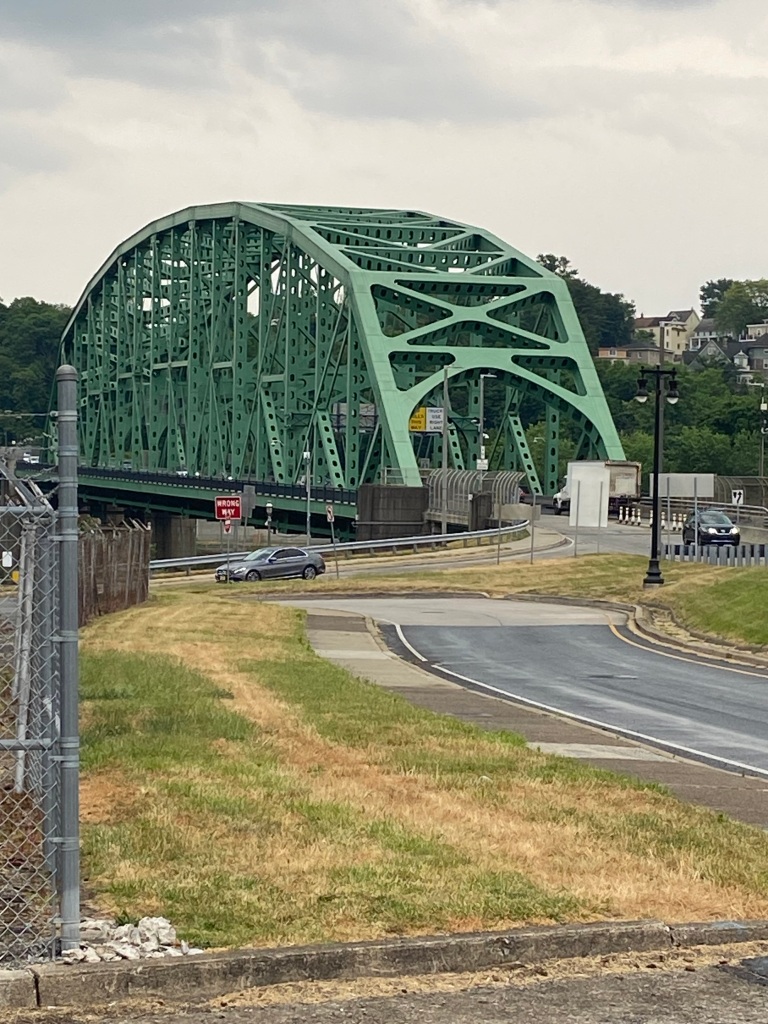


Concert-going on a crisp cloudy night
the moon’s glow smeared, as if someone
had tried to erase it, then gave up
Paid $5 to park in the yard of an abandoned house
next to a venue of cool marble and deep echoes
not a single pink house in sight
The stage, grooved and marred, shows its age
as do those who stand upon it
aging rock stars, like walls about to tumble down
The Man in the middle, all hips and swagger
Proves rock stars never age
Proves he ain’t even done with this night
gravel and a little ditty spewing from his lips
oh yeah, life goes on
Long after the thrill of living is gone
Huh?
I’ve always sang it as threat
Jason Melvin is a father, husband, grandfather, and metals processing center supervisor, who lives just north of Pittsburgh. He is a later-in-life storyteller, having first published in 2020.
His work has recently appeared in Roi Faineant, Zero Readers, Jake, Olney, Punk Noir and others. His poems were nominated for Pushcarts by Bullshit Lit and Outcast. His first chapbook, Wrong Things, is available courtesy of Bullshit Lit. He can be found on Twitter @Jason5Melvin, Instagram @JasonMelvin5 and on his website at www.jasonmelvinwords.weebly.com.


Descending wooden steps
In late winter
Twisting, turning, as in a spiral
Hand along the rail, fingers
Searching at notches and grooves
Like an errant tongue to
A chip in a tooth
With the scent of pine,
Spruce, and rhododendron
In the mist
Now perched on a prominent boulder.
Cold, cool, spring shivering uncontrollably
Nose running like a degenerating
Faucet situation ignored yet hardly unnoticed
Is the roar and the sight of it, released from the grip of winter
Are my thoughts
This waterfall and
My expectations of spring no longer frozen
In mutual suspension.
David Summerfield is a graduate of Frostburg State University, Maryland, and a veteran of the Iraq war. He has been an editor, columnist, and contributor to various publications within his home state of West Virginia. You can find him at http://davidsummerfieldcreates.com/
